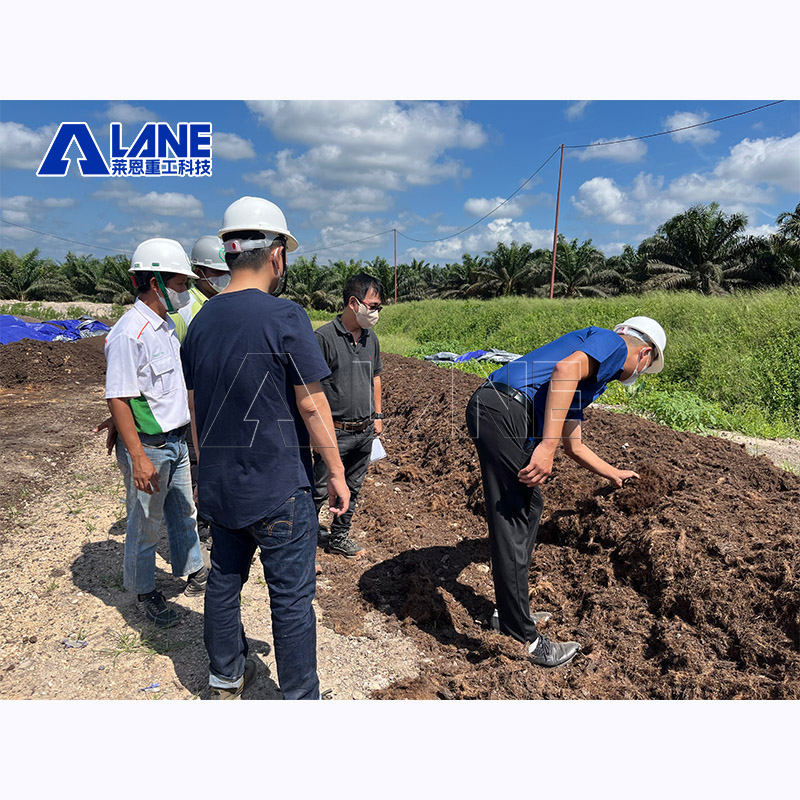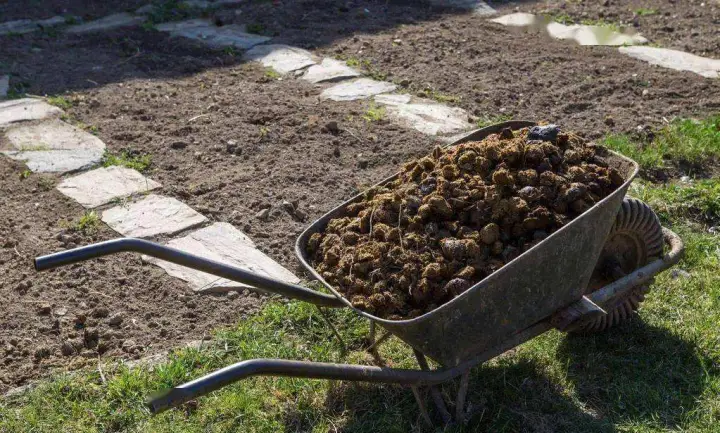Fermentation is a complex biological process involving the breakdown of organic matter by microorganisms under controlled conditions, typically anaerobic for fermentation or aerobic for composting. Knowing when this process has reached completion is crucial for ensuring that the end product—whether it’s a fermented food item or mature compost—is safe, stable, and usable.

Composting is an aerobic process that transforms organic waste into a nutrient-rich soil amendment known as compost. Determining when a compost pile has reached maturity and is ready to use as fertilizer is essential for ensuring its effectiveness and avoiding harm to plants. This article elucidates the key indicators of compost maturity that gardeners and composters should monitor to guarantee their product is fully fermented and safely applicable as fertilizer.
Temperature Decline: During active composting, microbial activity generates heat within the compost pile. A mature compost pile will have cooled to approximately the same temperature as the surrounding environment. This temperature drop usually signifies that the available nutrients have been consumed and the decomposition process is winding down.
Visual Indicators: One of the most apparent signs of mature compost is its visual appearance. Well-composted material will have a dark, crumbly consistency resembling rich soil. The presence of undecomposed materials or recognizable food scraps suggests that the compost is not yet mature.
Aroma: The smell of compost changes as it matures. Immature compost often has a strong, unpleasant odor due to anaerobic conditions or the presence of acidic compounds. In contrast, mature compost exudes an earthy fragrance similar to a forest floor, which indicates a balanced and healthy ecosystem within the compost.
Texture and Structure: When compost has matured, it develops a loose, uniform texture with small particles. It should feel soft and easy to crumble in your hand, rather than being dense, wet, or clumpy.
pH Stability: A stable pH level around neutral (between 6.0 and 7.5) is another indicator of mature compost. Fluctuating pH levels can indicate that the compost is not yet stable and may still be actively decomposing.
Seedling Test: A simple bioassay to test compost maturity is to plant seedlings in it. If the seedlings grow vigorously without any signs of distress, such as stunted growth or yellowing leaves, it is likely that the compost is mature and safe for use as fertilizer.
Nutrient Content: Over time, the nutrient content in the compost changes as materials break down. Mature compost typically has a well-balanced carbon-to-nitrogen (C/N) ratio between 10:1 and 15:1, making it an effective and gentle fertilizer for plants. Laboratory testing can determine the exact nutrient profile of a compost sample.
Woodshine Effect: A unique characteristic of mature compost is the woodshine effect. When dampened, mature compost should shine like polished wood under sunlight. This gloss is attributed to the high-quality humus content of the compost.
Utilization by Microorganisms: As the compost matures, the diversity of microorganisms decreases, and those present are typically fungi and other organisms involved in the final stages of decomposition. These microbes help solubilize nutrients, making them readily available for plant uptake.

In summary, compost maturity is determined by a combination of factors including temperature, appearance, aroma, texture, pH stability, the ability to support plant growth, nutrient content, and the presence of a diverse microbial community. By paying attention to these cues, composters can ensure they are producing a mature, high-quality compost that will serve as an exceptional fertilizer for gardens and agricultural uses. Properly judged, mature compost enriches the soil, boosts plant health, and contributes to sustainable cycling of organic matter back into the soil.
If you have any further inquiries, please feel free to consult our company at any time.